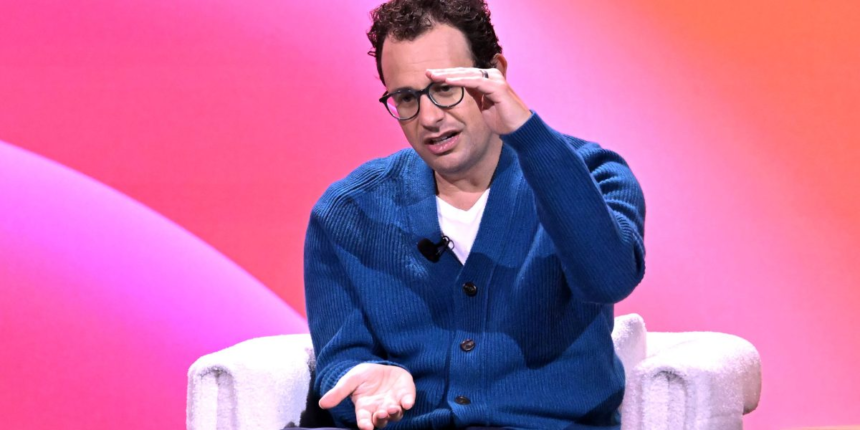New data from AI startup Anthropic may stoke Gen Z’s fears about their future careers: Companies are using the technology primarily to automate tasks, potentially jeopardizing the quality and quantity of entry-level jobs.
The proliferation of task automation—most heavily used for coding tasks, as well as writing and educational instruction—is likely a result of both AI bots getting better at completing tasks, as well as users getting more comfortable with the technology, according to Peter McCrory, head of economics at Anthropic. For businesses integrating AI into their workplace, automation may help drive efficiency.
“Businesses are figuring out how to build the embedded infrastructure to unlock the productivity effects,” McCrory told Fortune. “And there are likely to be some labor market implications as well.”
The generation’s concern about AI-related job loss is “on the right track,” Christopher Stanton, associate professor of business administration at Harvard Business School, told Fortune.
According to Stanton, jobs won’t be entirely automated, but tasks will, raising questions more about what is asked of employees, as well as how they are trained. For example, an AI bot may be able to generate marketing copy for an ad, but a writer or editor is still needed to input prompts and edit the outputs.
However, the automation of tasks will have an outsized impact on entry-level jobs in particular, Stanton said. Workplaces will start to prioritize giving workers apprentice-like experiences to train them, which will likely hit wages for those positions.
“You can imagine that AI is doing a lot of what entry-level workers used to do, but you still need those people to get context,” he said. “You might imagine that their wages are going to fall so that they can accumulate experience.”
“The generative AI revolution is proceeding much faster than the revolution in physical AI or robotics,” Stanton said.
It’s still early to predict the impact of AI on the labor market with certainty, Stanton said, but there’s a wealth of data indicating that when young people graduate into a weak labor market, they can suffer long-term professional and financial consequences.
This drop-off in income for those graduating into a recession could be because in order to get a job, recent graduates find work on the lower end of the occupational earnings distributions, like working as a barista or restaurant server, which pay less, but could be more readily available, Stanton said. Today’s budding young professionals are not trying to join the work force during a recession, but they are entering a weak labor market, in part due to the changing AI landscape. Therefore, there are some unfortunate parallels between young Gen Z needing to sacrifice wages due to wavering job opportunities and millennials graduating into the Great Recession.
“We at least have some past empirical evidence that does give us a signal, where some recent college graduates graduating into a recession have historically been pretty extreme for people’s careers,” Stanton said.









